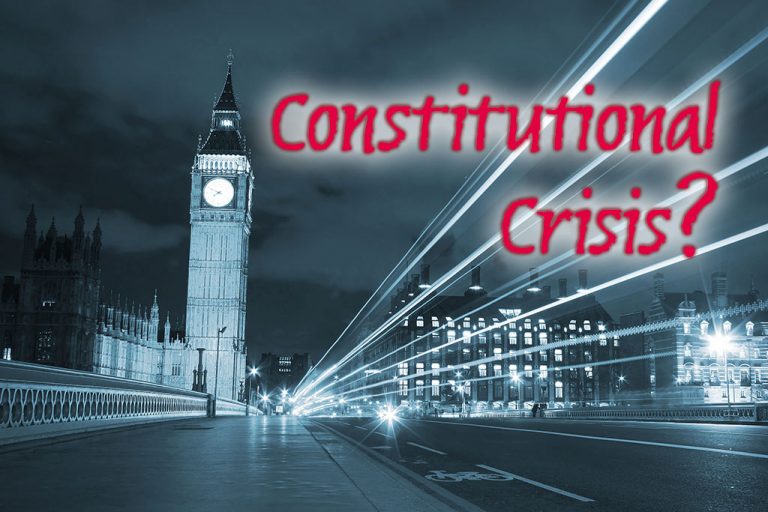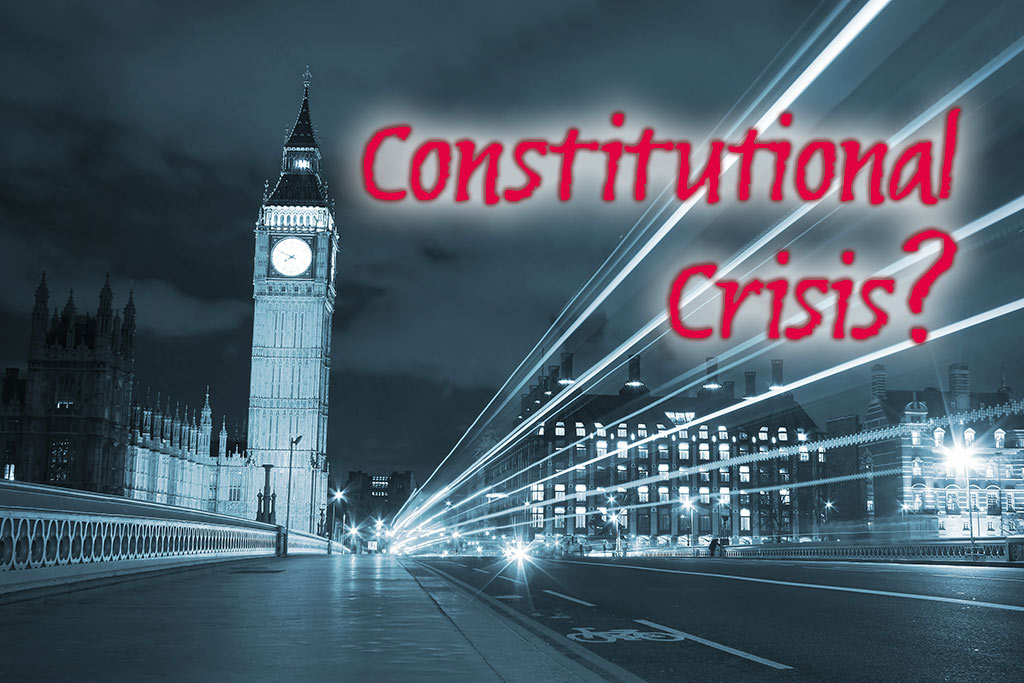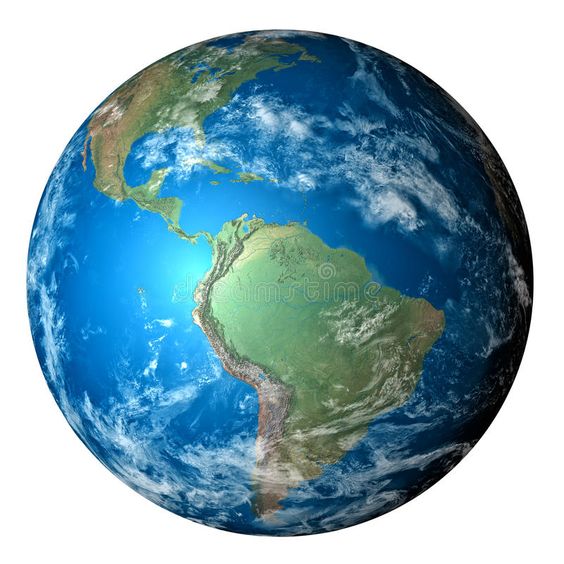
 There is a wider constitutional issue at stake. And it is complicated by the role of the monarchy; the obtuseness of the unwritten British constitution; the British class system; and the problems of investing a part of the constitution in a physical person.
There is a wider constitutional issue at stake. And it is complicated by the role of the monarchy; the obtuseness of the unwritten British constitution; the British class system; and the problems of investing a part of the constitution in a physical person.
By Tom Arms
Who said what when and to whom in the British Royal Family is dominating world headlines. Bullying, racism, misogyny, mental health…. They are all urgent and material topics, and it is important that the Queen—and by extension—the Royal Family reflect the concerns of the society at whose apex they stand.
But there is a wider constitutional issue at stake. And it is complicated by the role of the monarchy; the obtuseness of the unwritten British constitution; the British class system; and the problems of investing a part of the constitution in a physical person.
The row between Harry and Meaghan in self-imposed exile in Los Angeles and the rest of the Royal Family in Britain threatens the institution of the monarchy which plays a much larger role in British, Commonwealth and world affairs than most people realize.
If people think this is an overstatement, then I suggest they cast their minds back to the days of Princess Diana—the divorce, death and funeral. Stock in the monarchy plummeted. There was serious discussion of the crown skipping a generation to prevent Prince Charles acceding to the throne. Republicanism hit a new high. It is rising again. It will rise with each succeeding new barrage from the Sussexes (or the Palace). Rest assured that there will be fresh volleys, the tabloid press will insure that.
One of my other hats is as a Cub Scout leader. In that capacity I have to drill past the young dreams of football glory to impress basic and more mundane values of duty and responsibility. Every week we recite the Cub Scout promise. Part of the second line of that promise is “to my duty to the Queen.”
I try to explain that this does not mean kowtowing to the person of Her Majesty. I tell my cubs that the Queen is the physical embodiment of British laws, history, values, tradition, culture and a strong sense of duty and service. The physical presence of the Queen is respecting because of what she represents.
Of course, human nature being what it is, it is difficult to separate the person from the institution and therein lies the rub. When the person is criticized it reflects on the institution. The Queen is rarely directly criticized. She is seen a paragon of selflessness and opinion polls have consistently listed her as one of the most admired women in the world. But she is also the head of the family and their actions directly reflect on her and by extension, the monarchy and Britain’s unwritten constitution and position in the world.
Charles’s affair with Camilla and divorce from a popular Diana; Prince Andrew’s relations with disgraced paedophile billionaire Jeffrey Epstein and now the flight of Harry and Meaghan to La La Land – It looks like a monarchy out of control, out of date and incapable of dealing with the pressures of 21st century life.
Of course, the increasingly intrusive role of the tabloid press and the 24/7 news cycle play a major role in exacerbating the problem. They are a too easy scapegoat. Newspapers are a business. They need to write stories that sell papers to attract advertisers to make money. A newspaper—or any media operation—that fails to make money becomes the tool of special interests if it is to keep publishing. That is not in the interests of a free press which is vital to the maintenance of a democratic society.
No, the problem lies with the readers. Newspaper editors are simply giving them the stories they want because those stories sell papers. And Harry and Meaghan will continue providing the stories that sell and damage the monarchy. So, if you want to see a major part of the problem, look in the mirror.
 World Review
World Review
- The American economic engine is on the tracks and ready to roll. And President Joe Biden’s $1.9 trillion economic stimulus package will be pulling a big chunk of the world economy with him. For a start, it is only part of the American pandemic spending which totals $10.5 trillion if you include $2.5 trillion pumped into the economy by the Federal Reserve Bank. There is now something like $1.6 trillion in American savings banks just waiting to be spent by eager consumers on holidays, foreign goods and fancy restaurant meals. But it is not all good news. The danger is that the American economy could easily overheat, resulting in inflation and higher interest rates. And the American stimulus package can drag the rest of the world into inflation just as easily as it drags it out of recession. This could create severe economic problems as most governments have borrowed heavily based on the premise that interest rates were low and would remain so for the foreseeable future. At the moment the world is thanking President Joe, but it may in the not too distant future by damning him.
- The UK-EU Covid vaccine dispute continued this week. European Council President Charles Michel claimed that Britain had “outright” banned the export of Oxford’s Astra Zeneca. Wrong, said 10 Downing Street. The EU just did a lousy job negotiating contracts. This angry cross-channel exchange was followed by a summoning to the British Foreign Office of EU charge d’affaires Nicole Mannion. He was told to pass on the message that EU leaders should stop whining. Whining was the operative word in Brazil where President Jair Bolsonaro told his countrymen to “stop whining” about the growing toll of dead Brazilians. On Tuesday of this week, Brazil logged a record of 1,972 new cases of coronavirus, giving it the second highest total after the United States. Eighty percent of Brazil’s intensive care beds are now occupied. In France, the hospitals in the Paris region have been told to reduce non-Covid treatments by 40 percent in order to free up staff and beds. The number of cases and deaths in Britain—where nearly a quarter of the population has received the first dose of the vaccine—is dropping. But scientists warned this week that cases could spike again in the summer before a big drop in the autumn. This, however, has not stopped Europe’s tourist hotspots from planning to reopen for the summer holiday season. Spain, Portugal and Greece have all announced that they are open from business for British holidaymakers from May as long as they have had two jabs. Economic and political basket case Lebanon is a different story. Politicians commandeered limited supplies of the vaccine for themselves and their families. They claimed they were essential workers. The World Bank, disagrees and is planning to stop a $34 million emergency loan it extended to help pay for the vaccine.
- This week the American Think Tank Freedom House downgraded India from a free to partly free country. This is a blow to all those who pursue democratic government in developing countries. Since independence, India’s proudest boast is that it is “the world’s biggest democracy.” The vision of Gandhi and his acolyte Jawaharlal Nehru faced virtually insurmountable problems in achieving that vision. There were, of course some failures. Pakistan, Bangladesh and the ongoing dispute over Jammu Kashmir to name but a few. But Nehru also managed to unite more than 500 different states in which something like 415 languages were spoken. They became one country united by the principles of secularism and democracy. From the start, Nehru recognized that secularism was essential if democracy was to work India. The problem was that roughly 80 percent of the population is Hindu, 15 percent is Muslim, three percent Christian and two percent Sikhs. Each of these religions have their own languages, traditions, cultures and histories going back centuries. The Christian community, for instance, dates to the first century and the apostle St Thomas. But to the majority Hindus, India is a Hindu nation just as Pakistan is Islamic. And as a Hindu nation it should reflect traditional Hindu values. The ruling BJP (Bharitaya Janata Party) led by Narendra Modi is a Hindu Nationalist Party committed to Hindutva or Hindu Nationalism. But the only way Hindus will achieve the political/cultural/religious supremacy they want is by suppressing the minorities—especially Muslims. This they are doing. According to the Washington-based Freedom House, the BJP government has abandoned secularism to discriminate against Muslims and pursue pro-Hindu policies and is cracking down on anyone in the media, academia and civil organizations prepared to protest. A week after the Freedom House report a Swedish think, V-Dem Institute, added their critical voice. India, it said, is now an “electoral autocracy.”
- There is lot to discuss from China’s annual National People’s Congress. High on the agenda were electoral changes in Hong Kong, increased defence spending, the continuing drive for economic growth, Taiwan, Relations with the US…. But to my mind one of the most important and least discussed are the pronouncements regarding Chinese law because the law underpins relations between all sections of Chinese society and China’s relations beyond its borders. Chinese law finds its roots in Confucianism and Daoism, both of which stress evolving consensus. This is different than Western law (which is primarily based on English Common Law) which stresses the immutability of the law and contracts. The different starting points between the two systems is one of the main reasons that there are so many disputes over Intellectual Property Rights and other issues between Chinese and Western companies/governments. From the Western point of view, a contractual agreement is the all and end chiseled in stone and the final determination on all future relations. For the Chinese it is the starting point. At the NPC, Xi Jinping made it clear that he wants Chinese law to become the determinant basis for agreements inside and outside China. As part of this policy, he is moving more Chinese law firms into Hong Kong which up until now has been a bastion of English Common Law and contract law in China. XI faces considerable opposition outside China and if he insists too much on the prominence of Chinese contract law he will find himself losing business.
- The next chapter in the space race is well and truly underway. It was given a boost this week by the announcement that China and Russia intend to build a space station on the moon. But the even bigger prize is Mars. Billionaire Elon Musk is planning a commercial flight to the Red Planet as part of his incredibly expensive project to start colonizing Mars in just three years. NASA is a bit less ambitious with a proposal for a straightforward manned Mars landing sometime in the 2030s. It will be preceded in 2025 by a manned landing of an astronaut on an asteroid and a man and woman landing on the moon. China is coming up fast. Beijing plans to be on the moon in the 2040s building their space station with the Russians. Coming up in the outside lane of the space race is the United Arab Emirates. Their program only started in 2015 and last month they managed to put a satellite in orbit around Mars. They want to build a station on Mars early in the 22nd century. Whoever reaches the fourth planet from the sun will be expected to abide by the verbose “Treaty on Principles Governing the Activities of States in the Exploration and use of Outer Space, including the moon and celestial bodies” (aka The Outer Space Treaty). The key provisions are that the environment of the moon, Mars, etcetera must remain “pristine”; weapons of mass destruction are banned; all countries have equal rights to conduct research and no country may claim sovereignty.
___________________
About the Author
 Tom Arms is the London-based American foreign affairs journalist. He has nearly half a century’s experience of world affairs, and has written and broadcast for American, British and Commonwealth outlets. Positions he held included foreign correspondent, diplomatic correspondent, foreign editor, editor and founding CEO of an international diary news service. He is the author of “The Encyclopedia of the Cold War,” “The Falklands Crisis” and “World Elections on File.” His new book “America: Made in Britain” is expected this year.
Tom Arms is the London-based American foreign affairs journalist. He has nearly half a century’s experience of world affairs, and has written and broadcast for American, British and Commonwealth outlets. Positions he held included foreign correspondent, diplomatic correspondent, foreign editor, editor and founding CEO of an international diary news service. He is the author of “The Encyclopedia of the Cold War,” “The Falklands Crisis” and “World Elections on File.” His new book “America: Made in Britain” is expected this year.
{The views expressed in this article belong to the author and do not necessarily reflect the editorial policy of Sindh Courier}